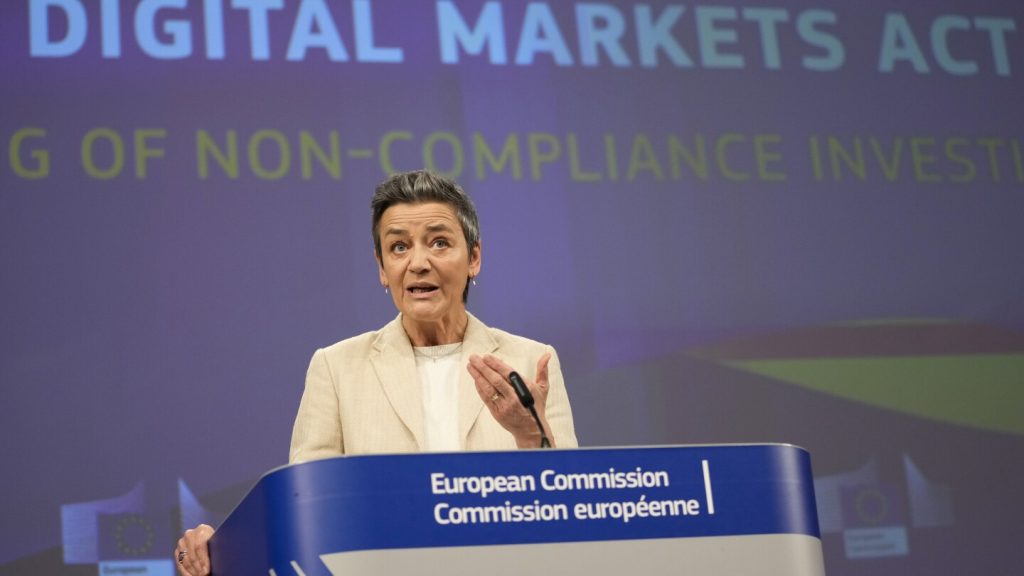Booking Holdings, a U.S. company that owns Booking.com and other travel websites, has been added to the EU’s list of companies under heightened digital scrutiny. The European Commission classified Booking Holdings as an online gatekeeper and deemed Booking.com a “core platform service” under the Digital Markets Act, aimed at preventing Big Tech dominance in online markets. This move is expected to increase choice for vacationers and provide more business opportunities for hotels. Booking Holdings stated that they have been working with the EU for some time and are reviewing the designation decision to comply with the regulations.
Although Booking Holdings also owns other travel sites like Cheapflights, Kayak.com, and Priceline, those platforms are not included in the EU decision. Since the implementation of the rules earlier this year, several companies, including Apple, Google, and Meta, have been classified as online gatekeepers. These companies are under investigation to ensure compliance with the rules set out by the DMA, which include not favoring their own services over competitors. Non-compliance can result in significant financial penalties or business breakup. The rules aim to foster fair competition in digital markets by breaking up closed tech ecosystems that limit consumer options and access to diverse services.
Platforms like Booking.com now have six months to comply with the obligations outlined in the DMA, providing users with more choice and freedom, as well as ensuring fair access for business users. This development is part of the EU’s larger initiative to regulate Big Tech platforms and prevent monopolistic practices that stifle market competition. The EU’s Digital Markets Act is a comprehensive set of regulations aimed at creating a level playing field for tech companies, ensuring that consumers have access to a variety of services without being locked into a single provider. The commission emphasized the importance of these rules in promoting fairness, competitiveness, and innovation in the digital market landscape.
The EU’s decision regarding Booking Holdings reflects the growing trend of increased scrutiny on tech companies around the world. Platforms that wield significant market power are being closely monitored to prevent anti-competitive behavior and ensure a fair marketplace for all players. While Booking Holdings collaborates with the EU to comply with the regulations, other tech giants face similar challenges in navigating the complex landscape of digital regulation. The DMA sets a precedent for regulating Big Tech in a manner that encourages innovation, competition, and consumer choice, ultimately shaping the future of the digital economy in Europe and beyond.
The classification of Booking Holdings as an online gatekeeper marks a significant step in the EU’s efforts to regulate digital markets and prevent monopolistic practices. By subjecting platforms like Booking.com to the rules of the DMA, the European Commission aims to foster a more competitive and fair marketplace for both consumers and businesses. As Booking Holdings works towards compliance with the regulations, the tech industry is witnessing a shift towards greater transparency, accountability, and regulatory oversight. The EU’s actions serve as a model for other jurisdictions grappling with the challenges of regulating Big Tech in the digital age.


